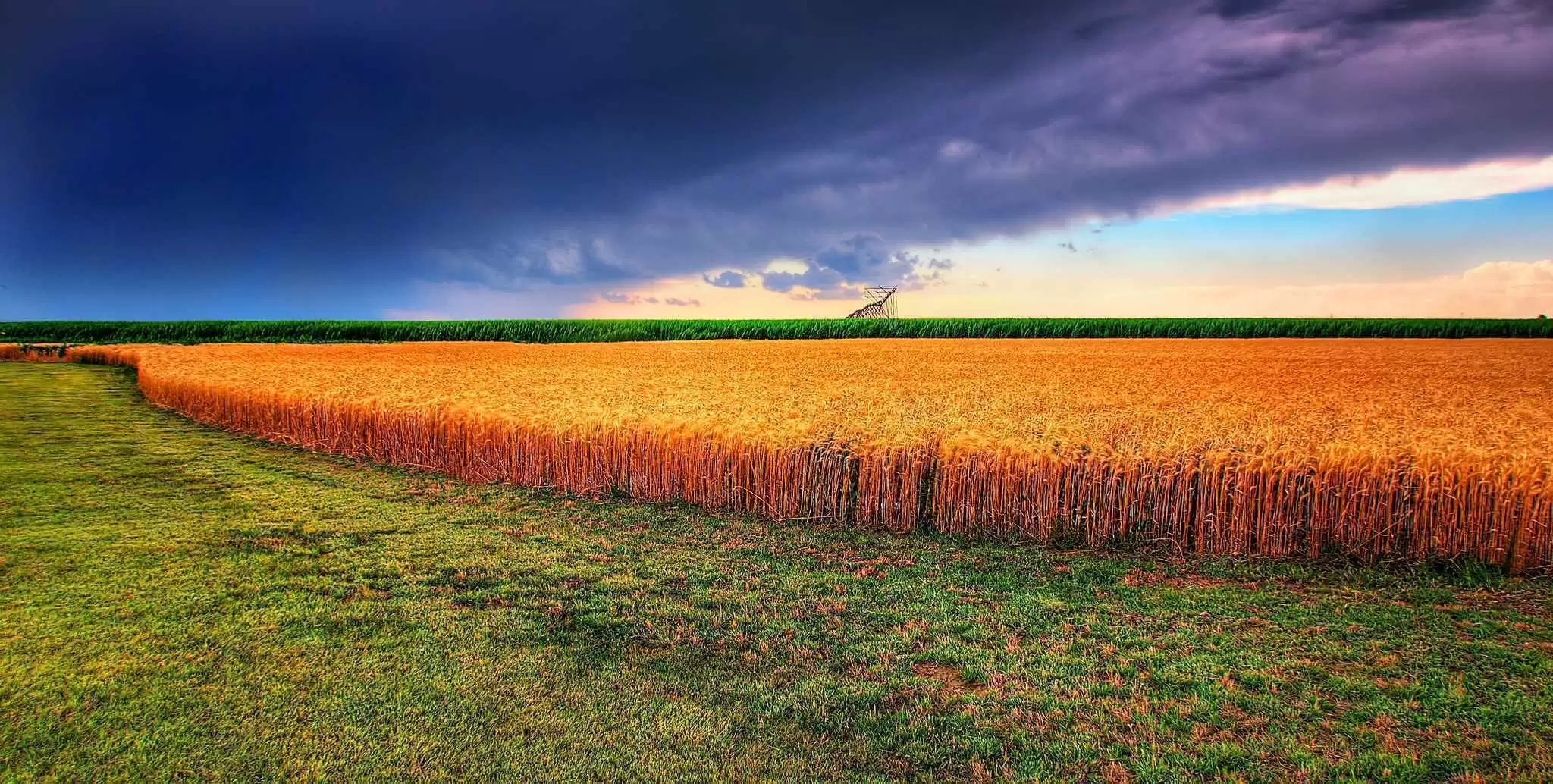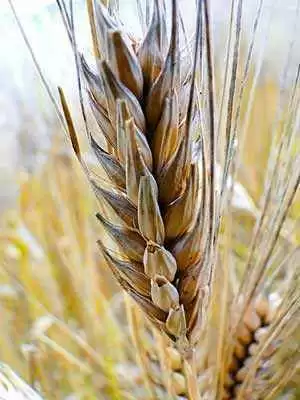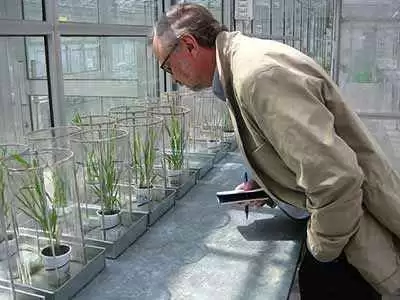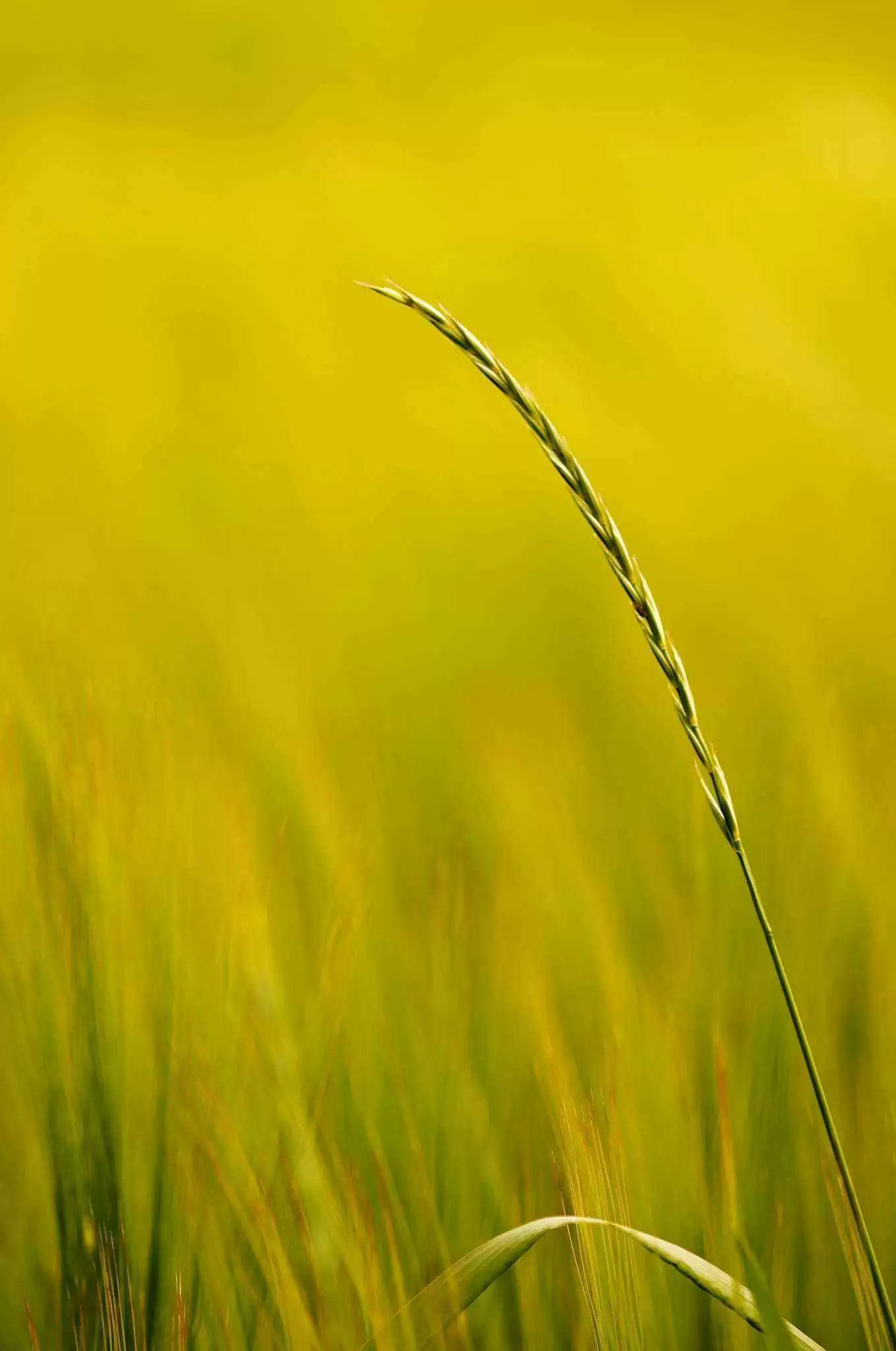
Celiac.com 03/22/2017 - A new study published in the journal Food Chemistry shows that even the ancient varieties of wheat that have not been subject to hybridization, contain toxic epitopes that trigger adverse autoimmune response in celiac patients.
What makes gluten toxic to people with celiac disease? Also, what is the relationship between various kinds of wheat and their celiac toxicity?
Celiac.com Sponsor (A12):
To answer those questions, a team of researchers analyzed various kinds of wheat from several countries, all produced in the same agronomic year (2013-2014) at the Experimental Station at the Agronomic, Food and Biosystems School of Madrid.
Their study focused on a specific set of proteins in gluten, called gliadins. Marta Rodríguez-Quijano, a researcher at the Technical University of Madrid and one of the writers behind the study, says that "gliadins have the greatest clinical effect against the innate and adaptive immune responses that lead to coeliac disease." However, the specific type of gliadins differ among the many varieties of wheat.
The scientists assessed the presence of T-lymphocytes (immune cells that are related to celiac disease) in the various kinds of wheat) by using an antibody capable of recognizing toxic epitopes or antigenic determinants. Their data shows that the different varieties of wheat produce considerably different immune responses depending on the T-cells analyzed.
Certain wheat varieties, such as the French "Pernel' T. aestivum ssp. vulgare L., have low toxic epitope content," explains Rodríguez-Quijano, which means that they are less likely to trigger a strong immune reaction in people with celiac disease.
This study provides the scientific basis for using such epitopes to design and breed wheat products that are safe for people with celiac disease. A successful effort in this arena will help to "combat the poor nutritional and technological characteristics of gluten-free products and thereby contribute to improving patients' quality of life," says Rodríguez-Quijano.
This researchers are not alone in their efforts to create wheat strains that are safe for people with celiac disease. A similar project is under way in Kansas, with researchers working with the University and industry support to evaluate wheat strains that may be suitable for people with celiac disease.
Will the future mean safe wheat for people with celiac disease? Stay tuned for developments on this and related stories.








Recommended Comments
There are no comments to display.
Create an account or sign in to comment
You need to be a member in order to leave a comment
Create an account
Sign up for a new account in our community. It's easy!
Register a new accountSign in
Already have an account? Sign in here.
Sign In Now